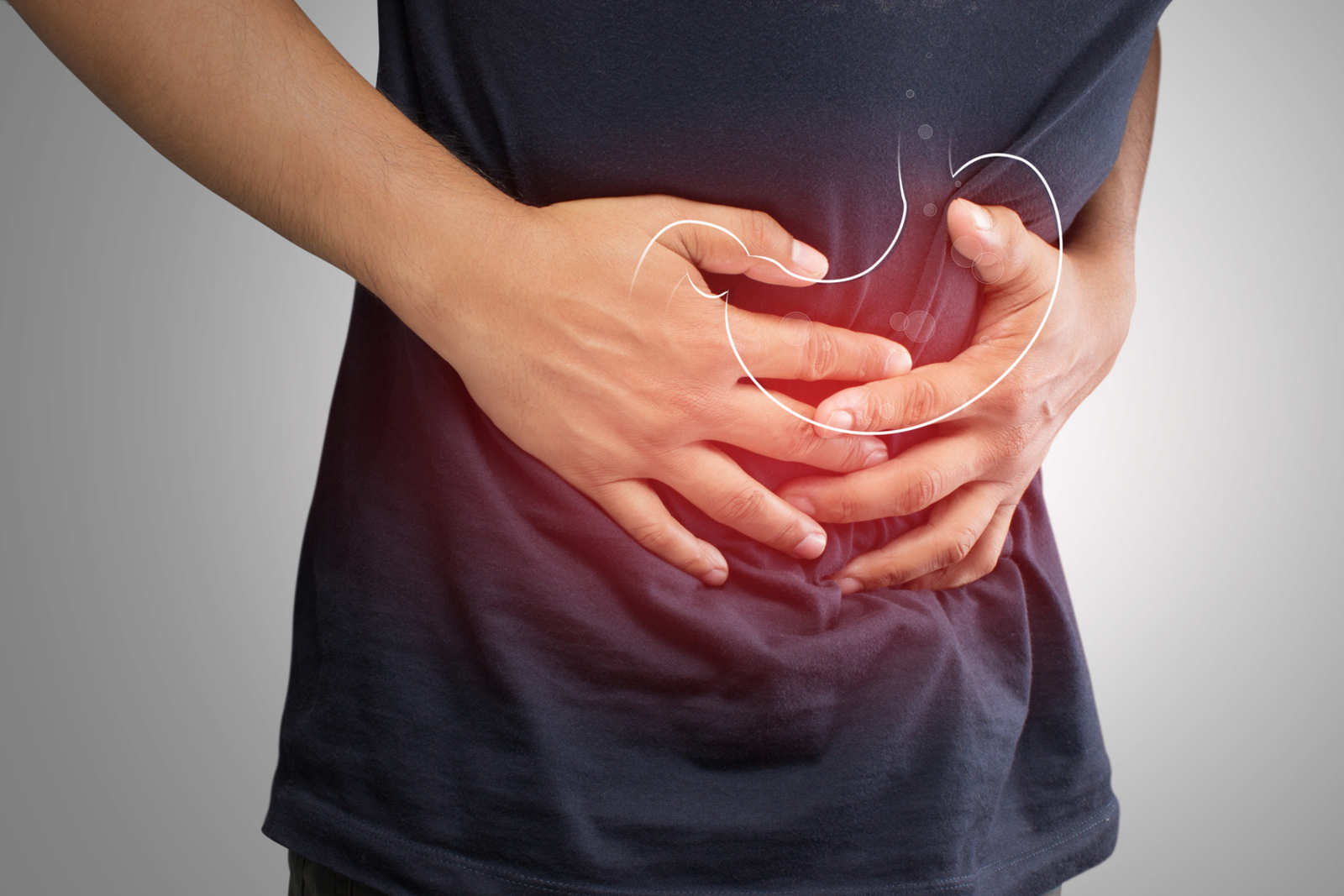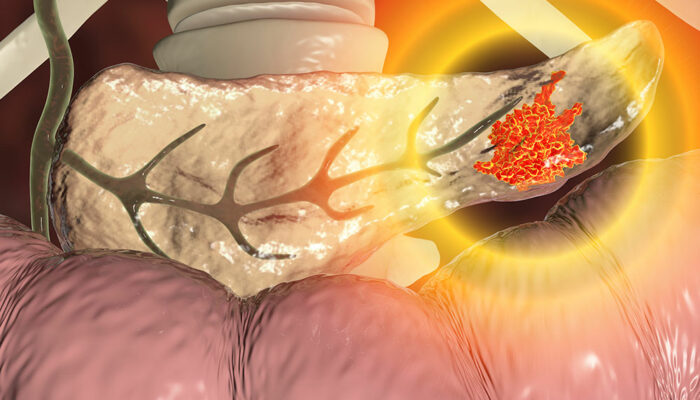
5 Common Early Symptoms And Causes Of Gastric Cancer
Gastric cancer is a type of cancer that originates in the stomach. Although diagnosis rates have declined, gastric cancer still remains one of the most prevalent cancers worldwide. Gastric cancer treatments include radiation therapy, chemotherapy, endoscopic mucosal resection, gastrectomy, and the advanced gist medication, Stivarga. As with any cancer, it is important to receive an early diagnosis to have the most effective treatments and positive outcomes. Here are some early symptoms and causes of gastric cancer:
1. Indigestion or heartburn
If you experience a burning sensation in your chest after eating, this is known as indigestion or heartburn. Indigestion can be an early symptom of gastric cancer and you should see a doctor if you are experiencing it persistently.
2. Abdomen pain or discomfort
Pain or discomfort in the abdomen can be a result of gastric cancer. With this type of cancer, the lymph nodes in the back of your abdomen can swell and cause pain, or if the cancer has spread to the peritoneum that lines the abdomen, this can also be a source of the pain.
3. Nausea and vomiting
If you experience nausea after eating or vomiting, in particular solid food shortly after eating, this can be a sign of gastric cancer. If this is persistent, you should see a doctor to test for infections, viruses, an ulcer, or gastric cancer. However, if you ever see blood in your vomit, you should see your doctor immediately.
4. Loss of appetite
A loss of appetite or feeling full very quickly after small meals can be signs of gastric cancer. If a tumor is in, or around, parts of the GI tract, it can interfere with the consumption of food, cause issues with swallowing, or make you experience a sense of fullness without even eating at all.
5. Bloating
If the cancer has spread to your peritoneum that lines the abdomen, it can cause a build-up and accumulation of fluid, known as ascites, that can then result in swelling. Your clothes may feel tighter or your stomach may feel bloated, and the bloating can be very excessive. This bloating can contribute to discomfort or pain in the abdomen.
There are a few risk factors that can cause or increase the risk of developing gastric cancer. This includes sex, age, ethnicity, geography, obesity, diet, alcohol intake, tobacco use, inherited syndromes, and more. More specifically, those who are more likely to develop gastric cancer are: males; those above 60; those of Hispanic American, African American, Asian American, and Pacific Islander ethnicity; those who live in East Asia, Eastern Europe, and South and Central America; people who have 3 or more alcoholic drinks a day; those who smoke; and so on. While you can’t control some of these risk factors, adopting a healthy diet, quitting smoking, and reducing alcohol intake can help lower your risk.



